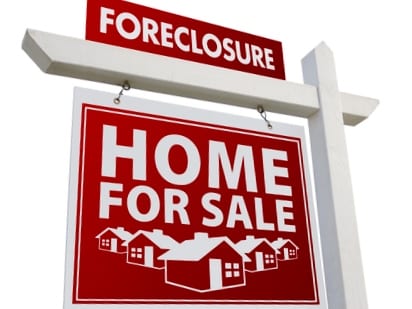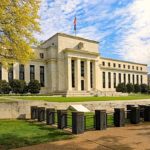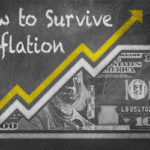Increasing Number of FHA Home Loans Fall into Delinquency
Unlike other sectors of the mortgage market, which appear to be steadying after years of turmoil, FHA loans are falling into delinquency and foreclosure at an alarming rate.
A recent federal report noted that the share of government loans guaranteed by the Federal Housing Administration that were more than 90 days delinquent increased about 27 percent in 2012. Foreclosures rose 17 percent.
Conversely, delinquencies and foreclosures shrank for conventional bank loans and mortgages owned by Fannie Mae and Freddie Mac, the two mortgage giants that hold about half of the nation’s mortgages. Fannie and Freddie are under federal conservatorship.
The FHA also reported a high recidivism rate on mortgages they modified – 48 percent of their loans re-defaulted 12 months after modification, compared to the overall total of 36 percent.
FHA Reserves Dip
Because FHA loans are guaranteed, they generally offer lower interest rates and more lenient credit and income qualifications. Borrowers can buy a home with a down payment of as little as 3.5 percent, plus a 1 percent up-front mortgage insurance premium (MIP) and a small monthly payment to the FHA’s reserves.
According to FHA regulations, a borrower is delinquent after four mortgage payments to his or her lender are missed. At that point, the home owner is referred to the lender’s attorneys, and foreclosure proceedings can begin. If a borrower defaults, the FHA uses the insurance premiums it has collected from all its borrowers to pay off the mortgage.
However, over the past few years, the agency’s emergency reserves dropped to 0.24 percent of its outstanding notes, and if its losses continue to grow it could require a taxpayer-funded bailout to stabilize the fund.
The FHA maintains it can restore its reserves by 2014, barring another recession. It points to improvements made to its lending standards and finances since 2009, including:
- Increasing MIPs.
- Barring sellers from helping borrowers with their down payments.
- Establishing minimum credit scores for borrowers.
Experts Think FHA Overly Optimistic
Some economists and housing experts disagree. They say that FHA-insured loans are not sustainable, especially in light of the poorly performing economy.
New York University economics professor Andrew Caplin, who monitors the FHA from afar, doubted the economy would recover enough over the next five years to bolster the FHA’s bottom line.
In addition, the FHA’s share of the market has grown in recent years, because lenders are relying more on government guarantees for the loans they are offering. Almost 30 percent of loans for home purchases in the first quarter of 2012 were FHA-backed. This puts even more pressure on its reserves.
Joseph Gyourko, a real estate professor at the University of Pennsylvania’s Wharton School, sees a taxpayer bailout looming. “We can’t escape this one,” he said. “This is an arm of the U.S. government.”
Sources:
- Luhby, T. (2012, July 9). Closer to a Bailout? FHA's Mortgage Delinquencies Soar. Retrieved July 9 2012, from http://money.cnn.com/2012/07/09/real_estate/housing-delinquencies/
- Federal Housing Administration. (n.d.). HA Loan Delinquency Timeline --How to Avoid Foreclosure. Retrieved July 9, 2012, from http://www.fha.com/fha_article.cfm?id=178
- Pritchard. J. (n.d.). FHA Loan Basics. Retrieved July 9, 2012, from http://banking.about.com/od/mortgages/a/FHALoans.htm


















